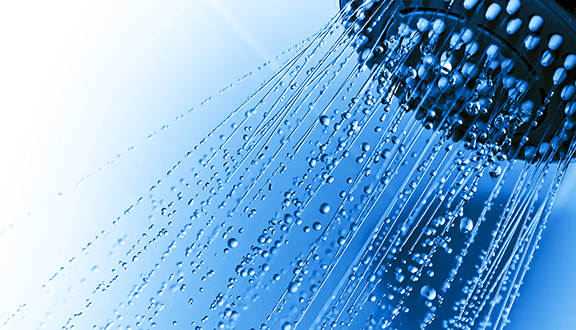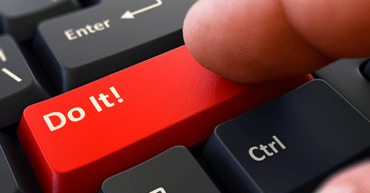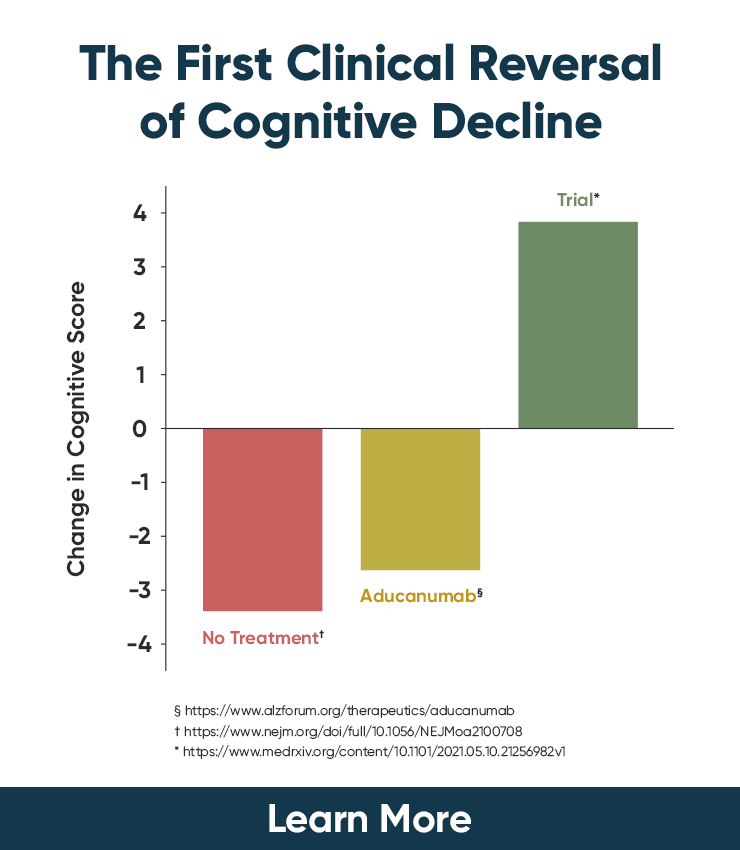July 17, 2021
Cool Discomforts

By Valerie Driscoll, Lead Coach and Coaching Program Developer for Apollo Health
My Dad and I were two peas in a pod; we shared similar interests, strengths, humor, and we rarely ever butted heads, except for two subjects: any music he considered to be “rock and roll,” and the temperature setting of the hot-water heater. I liked, and still like, my showers just shy of skin-searing, and my Father, the payer of the gas bill, thought that a short, warm shower was sufficient. Our arguments were legendary until we reached the detente of each sneaking down into the basement and adjusting the thermostat in our preferred direction.
These days, at the urging of my functional medicine provider, my showers end with 3 minutes of ice-cold water, summer or winter. I can hear my Dad’s ashes turning in their urn. There are many physiological benefits of cold exposure, but I have found the psychological ones to be even more compelling aside from the physiological benefits. I emerge from my morning shower feeling as though I can do anything because 180 seconds of ice-cold well water beating against my skin felt unimaginable a year ago. Then, it took me a month to turn the tap even toward cold. Now, I look forward to it. The true power of these cold showers is that it has wired me to stay with what I once considered to be an intense level of physical discomfort, and the results have permeated other areas of my life, as I have gotten very good at being with discomfort.
The simple truth is that to change anything from an old habit into your new habit; we must be able to hang out with some level of discomfort. To do that, we must recognize discomfort and be aware of our natural tendencies regarding it. Any change from what we are used to into something new will be uncomfortable on some level. We all come with different factory settings: some of us love being with that challenge, but some of us hate it. Thankfully we also come with neuroplastic brains and the ability to rewire those settings.
I am a recovering discomfort hater. Cold, hungry, bored, opinionated, lonely, I had very little capacity to be with the associated discomfort. As I have written before, my experience with mindfulness transformed so many aspects of my life, and my relationship with discomfort is included. As with many things on my health journey, the linchpin in this change was transforming my mindset about what discomfort means and developing the skill of experiencing it in a different way. For me, this meant changing from the old wiring of fearing it into one that realizes discomfort is a place to work and grow and overcome challenges. My daily mindset reminder is delivered in a crucible of 3 minutes of cold water.
I call this ‘cool discomfort,’ to differentiate it from “hot discomfort.” Hot discomfort tells us that something is truly wrong: having your hand too close to an open flame, for example. One would think it fairly straightforward to differentiate between the two, but being able to discern which discomfort is occurring, outside of the extremes, and then choosing how to respond to it can sometimes be trickier than it seems, especially for those of us who are wired to meet most discomforts as “hot.” This skill requires some practice. Practicing with cool discomfort all starts with a mindset, which, like mindfulness, is one of the foundations of the PreCODE+ and ReCODE+ Programs we offer through Apollo. What is your discomfort mindset? How can you spend some time recognizing and observing discomfort when considering making a B7 lifestyle change? How can you bring mindful, non-judgmental observance to the moment: what stories are your telling yourself, what kinds of emotions are present, where is the actual discomfort in your body? What is your habitual reaction to this type of discomfort? Take some time to simply notice whatever shows up. It is in this process of noticing that we can begin to make meaningful and lasting change, for so much of our relationship with discomfort has often taken place outside of our awareness.
The process is a slow and steady one and truly a place to be easy and compassionate with yourself and your wiring. As you become more at ease with the process of noticing, perhaps you can begin to ask yourself what other choices might be when you feel this discomfort, and so the process of change begins, and the payoff can be great.





